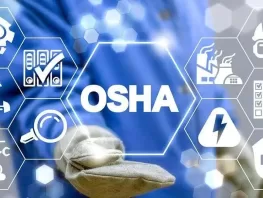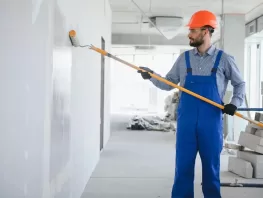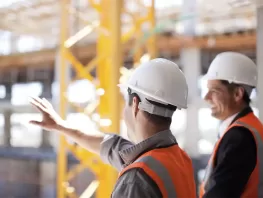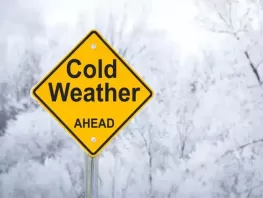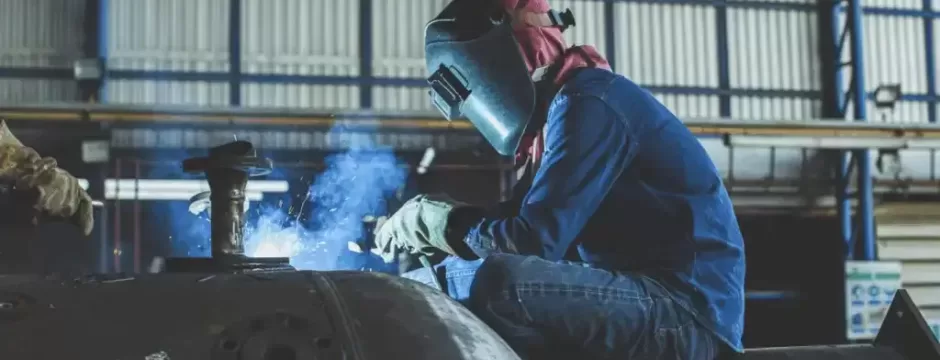
Welding for Safety: Meeting OSHA Standards Before Year-End Inspections
Posted Oct 27, 2025 by Dave Scaturro

If you’ve ever been through an OSHA inspection, you know it’s not the time to cross your fingers and hope for the best. They’re looking for anything that can cause injury, and when it comes to metal structures, guardrails, ladders, and platforms, one bad weld can mean a citation—or worse, a serious accident.
That’s why smart facility managers in New Jersey use the fall months to get ahead of problems with welding repairsthat keep them OSHA-compliant before inspectors come knocking.
Why OSHA Cares About Welding Repairs
OSHA standards aren’t just red tape—they’re about keeping workers safe. Damaged guardrails, cracked ladder rungs, bent steel steps, or corroded platforms can all lead to falls, one of the leading causes of workplace injuries.
Welding repairs bring these structures back to strength, ensuring they can handle the loads, impacts, and daily wear they’re built for. And if you’re in an industrial setting—manufacturing, warehousing, utilities—those repairs are often required to keep your facility in compliance.
The Problem With Waiting Until an Inspection
If you’re scrambling to fix safety hazards after an inspector points them out, you’re already behind. OSHA violations can mean hefty fines, but the bigger cost is downtime. A damaged mezzanine or unsafe stairwell can shut down entire sections of your facility until it’s repaired.
Addressing welding needs proactively—especially before winter—keeps your facility running without emergency shutdowns or rush-repair premiums.
Common Welding Repairs for OSHA Compliance
Guardrails and Handrails: Repairing broken welds or reinforcing weak points so rails can withstand required force loads.
Stairs and Ladders: Fixing cracked steps or replacing corroded rungs before they give way underfoot.
Platform Supports: Strengthening steel beams and joints to restore full load capacity.
Machine Guards: Welding or reattaching protective guards on equipment to prevent accidental contact.
Catwalks: Repairing or reinforcing elevated walkways to meet safety standards for width, stability, and load rating.
Real-World Example
We recently worked with a logistics company in Bayonne that was prepping for its annual OSHA review. Their mezzanine guardrails were wobbling, several ladder rungs were visibly rusted, and one catwalk connection plate had a hairline crack. We came in over a weekend, welded all the problem areas, ground them smooth, and primed them for corrosion protection. Monday morning, operations resumed, and they passed inspection without a single citation.
Why Alpine’s Approach Works
We don’t just patch what’s broken—we look for future trouble spots. If a weld is starting to corrode, or a support beam is developing stress cracks, we catch it before it becomes a hazard. Our mobile welding crews can work during off-hours, so repairs happen without impacting production.
Bottom Line
Year-end inspections don’t have to be stressful. With proactive welding repairs, you can walk an OSHA inspector through your facility with confidence, knowing every weld, railing, and platform is up to code.
Need welding work done before your next inspection?
Contact Alpine Painting & Sandblasting Contractors today. Our welding team will keep your facility safe, compliant, and inspection-ready—without slowing you down.
